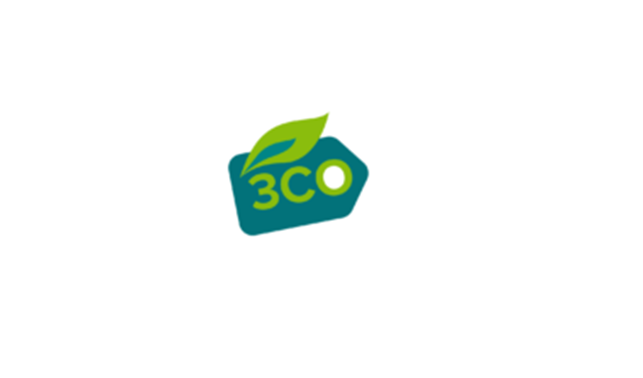3-CO

Concise Consumer Communication through Robust Labels for Bio-based Systems
-
Grant Agreement number 101086086
36 months
February 2023 to February 2026
The challenge
The solution
The project aims to improve the sustainability performance and competitiveness in the bio-based systems. The focus is on consumer-oriented labelling options for industrial BBPs that are sustainable and circular, in terms of resources, processes and materials used in their entire lifecycle. The supportive framework will consist of actionable guidelines for LCS owners that reflect consumers’ and other stakeholders’ needs, digital solutions to support better-informed decision-making processes of consumers as well as policy recommendations on deploying social measures.
- Objective 1
- Objective 2
- Objective 3
- Objective 4
To evaluate and select LCSs in 10 industrial bio-based value chains
To assess the monitoring systems and indicators for LCS
To define affordability and economics of LCS
To evaluate the effectiveness and robustness of existing LCS
- Objective 5
- Objective 6
- Objective 7
- Objective 8
To create and evaluate consumer-based digital solutions to LCS
To provide recommendations on social measures to support better-informed decision making processes, social engagement and innovation
To promote synergies and seek complementarities with related actions
To develop and validate guidelines on the design of B2C labels for BBPs
Outcomes: Key results
- Transparency of BBP value chains and provision of information for consumers and public authorities through digital solutions
- Improved understanding of metrics on environmental, societal and economic value generated by BBPs, thus increasing the market share of sustainable circular BBPs, influencing the business of companies that make and offer these
- Increased understanding of public bodies about impacts on society and environment due to product purchasing choices. For industry and academia, this provides improved understanding of metrics on value generated per unit of biological resources
- Innovative governance models
- Improved sustainable practices not only in the EU but also in countries which produce materials and handle waste for the EU economy, thus reducing the EU’s global footprint
- Use of non-hazardous products and decrease in household waste, ultimately contributing to a healthier environment and increased biodiversity
- T2.4 Designing and developing smart solutions to support sustainable decision-making
- T5.5 Exploitation of results
Role of Enide
- Lead: Digital Solution Development and Exploitation
- Supporting Role: Consumer Behaviour Analysis
- Evaluation of Existing Digital Solutions for Biobased Products
- Conducting Interviews and Focus Group Studies with Consumers
Services related to the role
- Development of Digital Solutions
- Social Engagement and Innovation
CASCADE
The core objective is to empower digital service companies (SMEs) to develop IT-enabled innovative circular economy (CE) solutions as projects, including platform business models, sharing economy/collab consumption, product-as-a-service, in B2C but also B2B. Digital circular project incubator.


